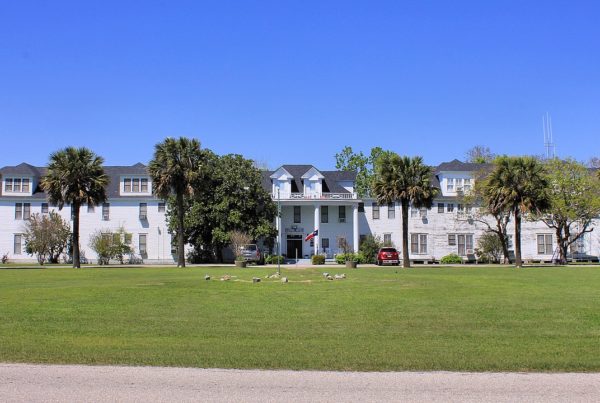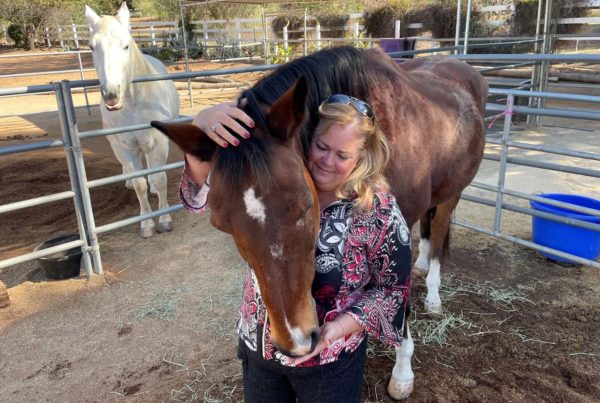There’s a growing humanitarian crisis on the border, with thousands of migrants arriving daily, wading across the Rio Grande from Mexico to El Paso.
Men, women and children – many seeking asylum – are lining up to turn themselves in to Border Patrol agents, just days before the court-ordered end of a pandemic-era policy known as Title 42. Dating back to the previous administration, Title 42 allowed the U.S. to send thousands of migrants from other countries to Mexico.
A federal court struck down Title 42 and gave the Biden administration until Dec. 21 to prepare for the end of the pandemic health policy, which became a de-facto border enforcement tool. Right now, there’s a patchwork of responses rather than a comprehensive policy; the last time Congress took any major action on immigration reform was under President Ronald Reagan in 1986.
Secretary of Homeland Security Alejandro Mayorkas was scheduled to visit El Paso on Tuesday to get a firsthand look at the situation as the deadline looms.
Ruben Garcia, the executive director of Annunciation House, a network of temporary shelters in El Paso for migrants and refugees, told the Texas Standard that his group sent a bus of refugees to a faith community in Kansas City, Mo., on Monday and that he had spoken with some of the people who had crossed.
“I asked them, what were the numbers like? And, you know, I heard words like ‘indescribable,’ the lines longer than you could even see,” Garcia said. “So we’re just seeing many, many refugees that are crossing the border at this particular time. And of course, it’s creating a tremendous challenge.”
» From The Texas Newsroom: Border congressmen urge Biden to extend controversial migrant expulsion policy
Garcia said that his network is unable to manage the record numbers of people arriving in El Paso who need temporary shelter, and that he continues to stress the importance of having four different entities involved when it comes to receiving refugees who have been processed and released: a network of churches, the City of El Paso, El Paso County, and the federal government.
“I think that’s extremely, extremely significant – faith communities that are willing to step up and say, ‘yes, we can receive refugees’ maybe once a week, twice a week, three times a week, offer them hospitality and assist them in making contact with their sponsors,” Garcia said.
He noted that the city, which had previously been receiving as many as 500 refugees a day, is currently not receiving any because of a pending funding clarification from the Federal Emergency Management Agency.
“We miss the city terribly. My hope is that the message is sent loud and clear to Secretary Mayorkas of the importance of streamlining the ability of FEMA to make funds available to the city, for example, so that they can reopen their facility,” he said. “So that it’s possible to get responses to funding requests much, much quicker so that the entities that need those funds can receive them and become functional.
“I [also] think Secretary Mayorkas has got to have a discussion with the Department of Defense in the use of Fort Bliss property so that space at Fort Bliss can be used to accommodate some of the refugees so that we do not have people on the street.”














